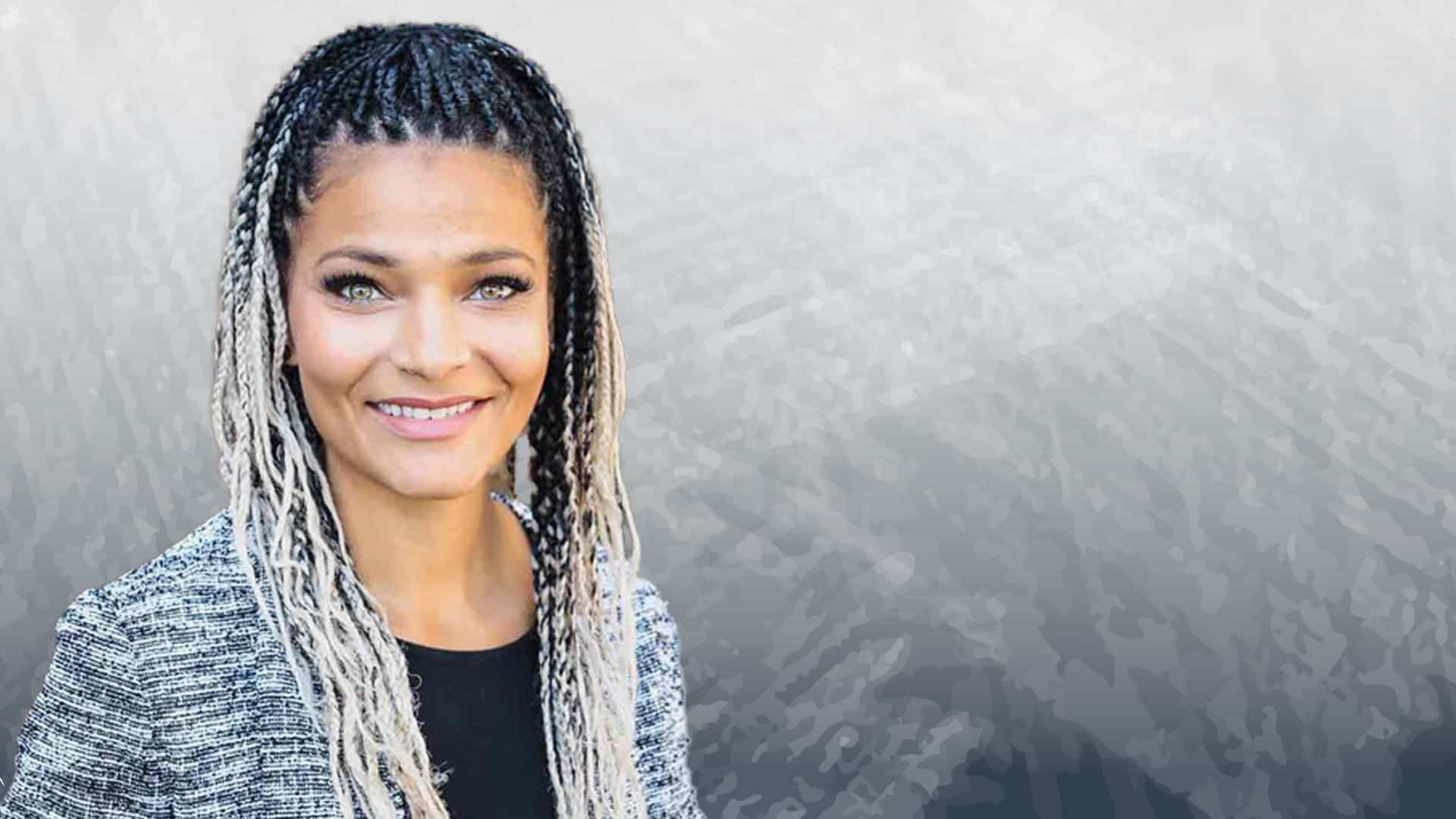Ashley Jameson is the Associate Director of Women’s Groups for Pure Desire Ministries. Not only is she an expert in the field of sex addiction, but she has her own powerful story of overcoming addiction.
Our podcast team sat down with Ashley to discuss important issues related to women and pornography addiction. Ashley shared five important insights for parents, ministry leaders, and anyone else seeking to help women navigate this issue.
(Click here to listen to the whole podcast!)
It’s not “if” but “when.”
In today’s sexualized culture, it’s no longer realistic to just try to protect young women from exposure to pornography. We need to plan for when they are exposed to it. Ashley shared her vision and why she talks about the things she does:
“One of the things I want listeners to know is that if you can think it, you can ask it. Nothing’s off the table, if you are a Christian woman, or non-Christian woman, or whoever and you have a question.”
It’s important for women to have safe places to discuss their sexuality.
Women are learning an unrealistic view of sex.
Ashley pointed out that many young women are turning to pornography because they are curious or anxious about sex. Popular culture tells us that porn is a great place to look for sex education.
“I have some women coming into my group saying, I look at sexual images on social media or porn so that I know how to prepare what I need to be ready for to go into a relationship.”
This is incredibly destructive. Women who learn from pornography acquire a distorted view of sex and their own bodies. This can translate into other emotional and psychological problems. And it’s not just explicit pornography that does this; Ashley spoke about the destructive influence of social media on how women view themselves and their sexuality:
“Eating disorders and sexual issues overlap a lot for men and women. But they will feel insecure about their body and have a hard time getting their diet and exercise under control. They’ll watch social media to kind of shame themselves into wanting to do better, which messes up our psyche and our confidence.”
What do women in the Church need to do to get help?
Churches often feel at a loss to help young women and girls deal with these issues. But Ashley says there are practical steps that people can take:
“We need to see ourselves in other people and we need to be talking about it. We have to normalize the conversation.”
Churches need to make a safe place to talk about these things. And this can only happen by the leadership addressing the issues and bringing in experts and people who are willing to share their experiences.
“We need to get women talking. When I started with Pure Desire ministry 8 years ago, I was terrified. Will talking about sexual things make people’s minds go there?”
It’s important for women to hear other women speaking about these things.
Addressing the issue takes an ongoing conversation.
Many parents feel intimidated at the thought of having conversations about sexuality with their children. Likewise, it’s awkward and uncomfortable for the kids. But Ashley encourages parents to make these conversations a regular part of their family life:
“My kids don’t want to sit down and look at me eye-to-eye and have ‘the talk.’ We need to think about how can I constantly insert one of humanity’s biggest struggles—our sexual identity—how we can plug that in [to our conversations].”
This isn’t a one-off discussion that parents can have and be done with. Rather, it’s going to take a lot of patience and a commitment to ongoing community:
“This is going to be a process. I cannot expect to sit down with a teenager and tell you all the things that are going to work.”
Women need spiritual truths and practical tools.
Ashley shares how important it is to take a holistic approach to addressing women’s sexuality.
“One of the most damaging things that church leaders told me was ‘Are you sure you’re praying enough?’ I needed the biblical truth and the practical tools.”










0 comments.